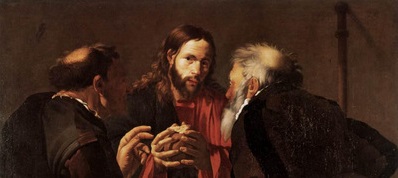Debates between atheists like Richard Dawkins and Christopher Hitchens on the one hand and former atheists - turned - Christians like Alister McGrath and Peter Hitchens on the other are interesting to watch.
Given the 90th anniversary of Lenin’s secret Shuya Memorandum of 22 March 1922, I thought it might contribute to the continuing debates by quoting a few bits and pieces from Peter Hitchens' reflections, following his five years in Moscow as journalist:
Was the anti-theist teaching of the Soviet schools under Lenin good? Did they produce a good society? (142)
“Vladimir Ilyich Lenin’s secret Shuya Memorandum of 22 March 1922 launched the state-sponsored looting of Russia’s churches in the hope of provoking the Orthodox hierarchy into resistance and so crushing them ... That year, 2 691 priests, 1 962 monks and 3 447 nuns were killed” (133).
“Moscow, despite growing enormously in the 75 years since the Bolshevik putsch, had lost 500 of its 600 churches, many of the m spitefully desecrated, some blown up, some relegated to serve as store-rooms” (135).
 “Soviet Communism used the same language, treasured the same hopes and appealed to the same constituency as Western atheism does today. Soviet power was, as it was intended to be, the opposite of faith in God. It was faith in the greatness of humanity and in the perfectibility of human society” (122).
“Soviet Communism used the same language, treasured the same hopes and appealed to the same constituency as Western atheism does today. Soviet power was, as it was intended to be, the opposite of faith in God. It was faith in the greatness of humanity and in the perfectibility of human society” (122).“The biggest fake miracle staged in human history was the claim that Soviet Russia was a new civilisation of equality, peace, love, truth, science and progress. Everyone now knows that it was a prison, a slum, a return to primitive barbarism, a kingdom of lies where scientists and doctors feared offending the secret police, and that its elite were corrupt and lived in secret luxury. I saw this myself at first hand when I lived there” (123).
For more see Peter Hitchens’ book: The Rage Against God (Continuum: London & New York, 2010).




